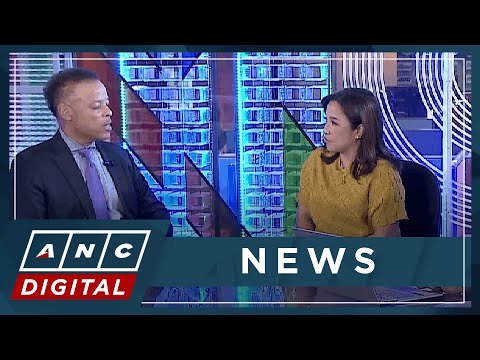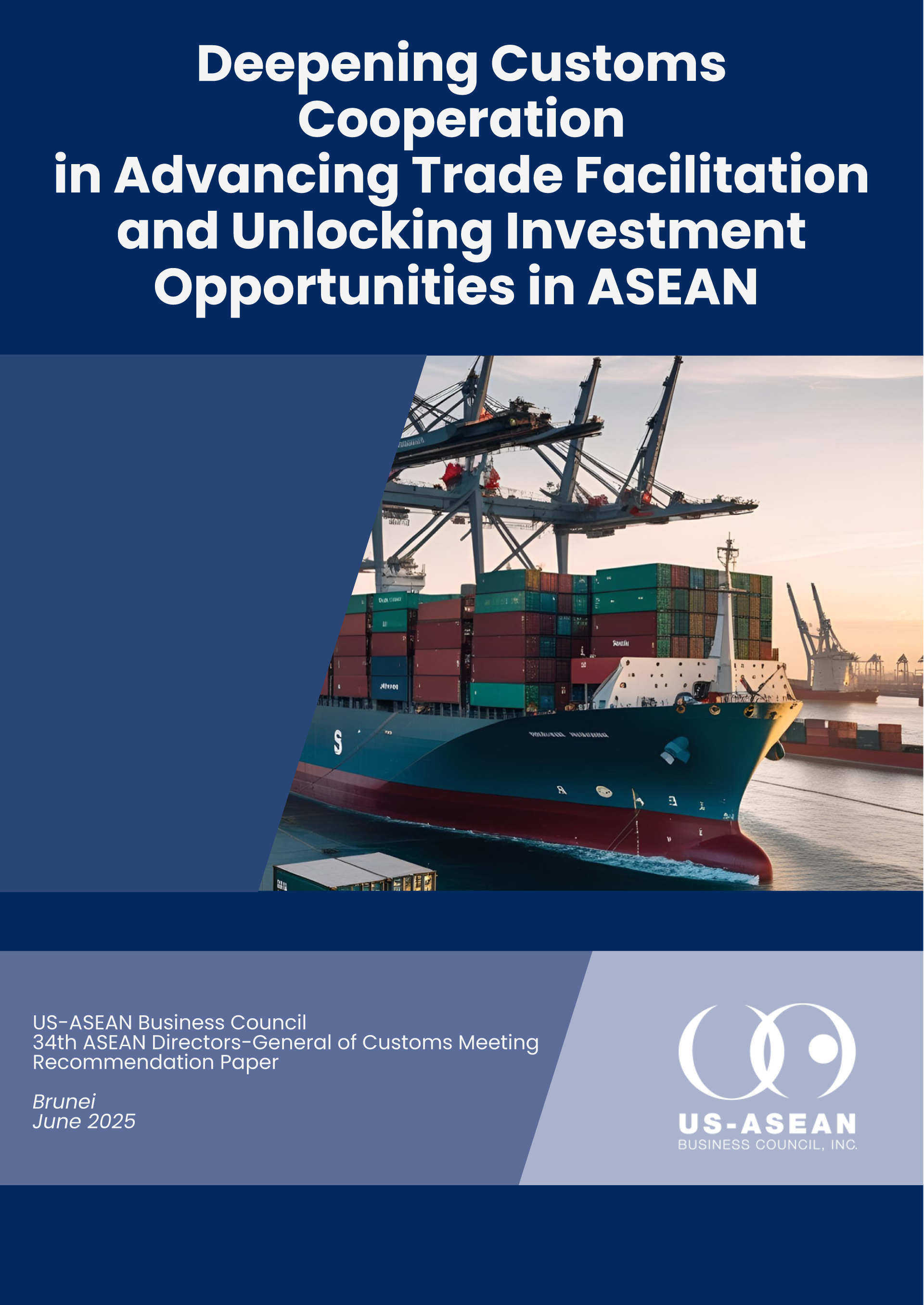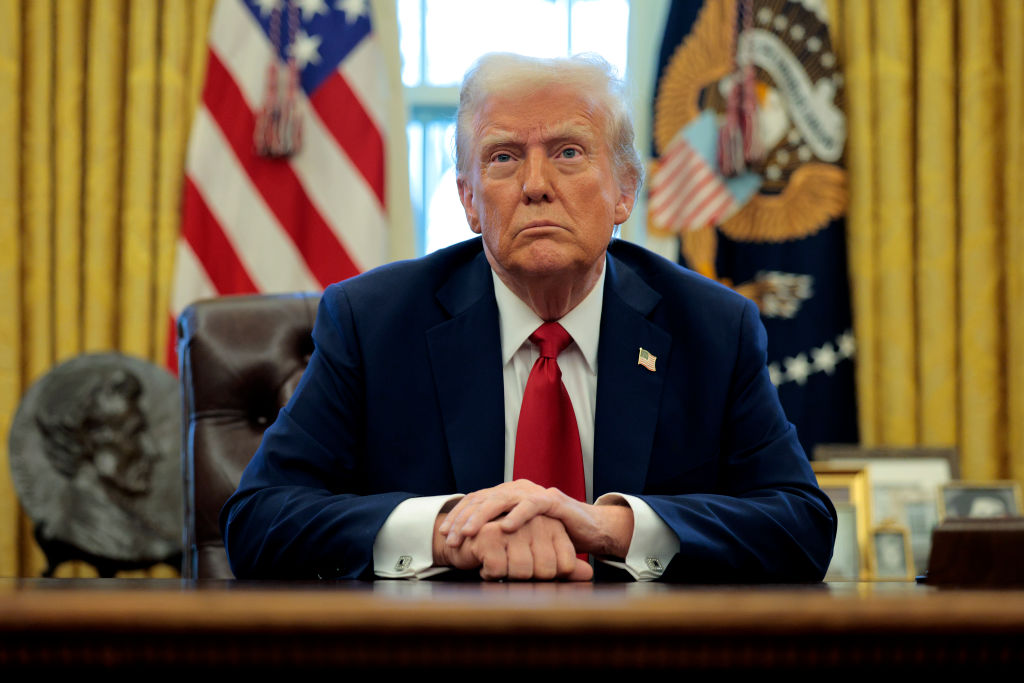Lao Government Pursues New Measures to Stabilize Economy

In early August, the Lao People’s Revolutionary Party’s central committee announced a series of measures to ensure stable economic growth and tame inflation. These include encouraging commercial banks to provide loans to bolster commercial production, helping farmers and producers to lower production costs, and encouraging consumers to buy locally sourced products. The government has also promised loans and technical assistance for micro, small, and medium-sized enterprises (MSMEs).
Among the key problems facing the Lao economy is a lack of foreign currencies earned from exports, which have often failed to enter the economy through the banking system. According to government sources, this imbalance arises when investors pay their debts abroad after borrowing money through foreign channels to finance development projects in Laos.
To address this issue, Lao Prime Minister Sonexay Siphandone signed an order in late July to strengthen regulations on foreign currency. Under this order, the Bank of the Lao PDR (BOL) is required to enhance its electronic payment system for financial transactions while increasing oversight of foreign currencies in special economic zones. The Ministry of Industry and Commerce has been instructed to develop a similar electronic system to regulate imports and exports, which it must link with the BOL. Furthermore, the Ministry of Finance now has the ability to collect tax revenues in foreign currencies from exporters or businesses that generate income in foreign currencies.
Importers and exporters must hold specific bank accounts in Laos to process financial transactions, while those who wish to hold foreign currency abroad must first receive permission from the BOL. These measures seek to ensure that foreign exchange from exports and foreign investments successfully enter the Lao economy. The government has also expressed interest in limiting the import of luxury and non-essential goods to Laos, with hopes to reduce reliance on foreign currencies for large purchases.
The Lao government has stated that it will strive for more “high-quality” foreign investment, with plans to tackle tax evasion, unpaid concession fees, and ghost projects. The government’s bid has taken promising first steps, with an investment cooperation memorandum worth US$835 million being signed in mid-July between the Lao government and Chinese enterprises. The memorandum includes plans for ten projects in Laos’ Asia-Potash International Intelligent Industrial Park, which may pave the way for further investment across other sectors in the coming months.







